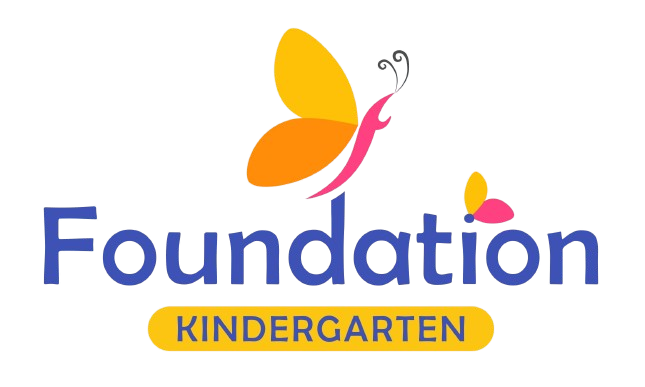Introducing STEAM Concepts in Preschool Education
STEAM—Science, Technology, Engineering, Arts, and Mathematics—isn’t just for older students. Early exposure to STEAM activities lays the foundation for critical thinking, problem-solving, and creativity. At Foundation Kindergarten, "your child’s second home," we introduce STEAM concepts in fun, age-appropriate ways, making sure young learners can explore these subjects in a nurturing environment. Our 32 years of excellence in preschool education have taught us that early exposure to diverse learning areas fosters adaptability, curiosity, and resilience in children.
Why STEAM is Important in Early Education
Introducing STEAM concepts in preschool supports cognitive development by encouraging children to ask questions, test hypotheses, and explore creatively. A STEAM-rich curriculum also enhances fine motor skills, spatial awareness, and the ability to analyze information. By integrating #playbasedlearning with STEAM, we make learning exciting and meaningful for young minds.
How Foundation Kindergarten Introduces STEAM Concepts
1. Simple Science Experiments
Activities like mixing colours, melting ice, or growing plants introduce children to scientific concepts like cause-and-effect and observation. These hands-on experiments spark curiosity and are easy for preschoolers to understand.
2. Building and Engineering Challenges
Using building blocks, recycled materials, or clay, children create structures and test designs, teaching them about balance, strength, and problem-solving. These activities not only introduce engineering concepts but also support critical thinking and teamwork.
3. Art and Math Integration
STEAM at Foundation Kindergarten wouldn’t be complete without art. By using patterns, colours, and shapes in creative projects, children explore early math concepts in a fun, engaging way that makes learning feel like play.
4. Sensory Play and Experimentation
Sensory play activities such as playing with water, sand, clay, or textured materials engage children’s senses, allowing them to explore properties like texture, weight, and flow.
5. Outdoor Science Activities
Nature-based science activities are an essential part of our STEAM curriculum. From collecting leaves to observing insects, children explore the natural world and develop observational skills.
Benefits of Early STEAM Exposure in Preschool
Implementing STEAM activities in preschool education offers a range of benefits that contribute to a child’s cognitive, social, and emotional growth. Here are some ways STEAM activities support young learners:
-
Promotes Curiosity and Critical Thinking: STEAM activities encourage children to ask questions and explore multiple solutions, which develops critical thinking skills.
-
Enhances Motor Skills: Fine motor skills are often strengthened through hands-on activities, such as building, sorting, and crafting.
-
Improves Spatial Awareness: Many STEAM activities involve understanding shapes, sizes, and spatial relationships, which are crucial for problem-solving and mathematics.
-
Encourages Social Skills and Teamwork: Group activities, such as building or working on art projects, teach children about collaboration, compromise, and communication.
-
Inspires a Lifelong Love for Learning: By making subjects like science and math accessible, we help children develop a natural interest in exploring the world around them.
Building the STEAM Mindset at Foundation Kindergarten
Our approach to STEAM is holistic and includes activities that encourage not just intellectual growth, but also emotional and social development. We’ve seen firsthand the impact of a STEAM-rich environment on our students—enhancing their problem-solving abilities, creativity, and adaptability. Because #earlylearningmatters, we ensure that STEAM is more than just a set of concepts; it’s a mindset that we build into each day at Foundation Kindergarten.
As young learners engage with science, technology, engineering, arts, and math, they’re not just acquiring skills—they’re developing a mindset for success. Here, each child gets the chance to explore, create, and discover in a safe and supportive environment, making them more prepared for future learning. Through STEAM, we lay a solid foundation that helps children adapt, think critically, and solve problems with confidence, preparing them for a bright future.
We believe in introducing STEAM concepts early because #earlylearningmatters. By fostering curiosity in science, technology, engineering, art, and math, we help children develop a love for learning that will benefit them throughout their educational journey. Because when young learners engage in STEAM, they’re not just learning concepts—they’re building a mindset for success.
